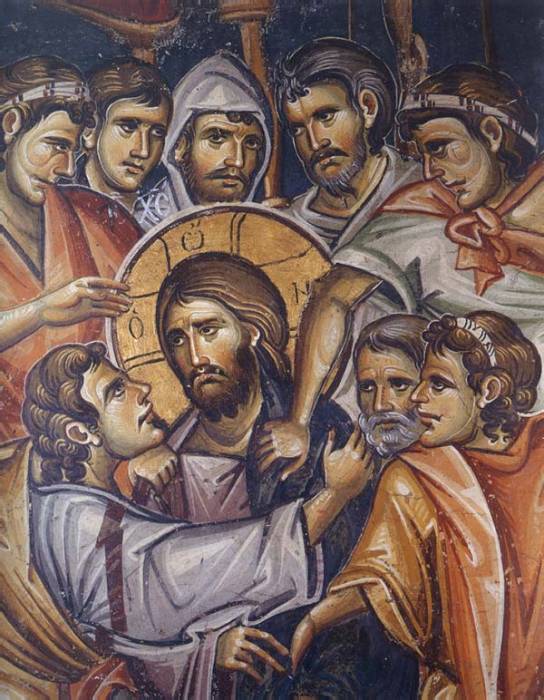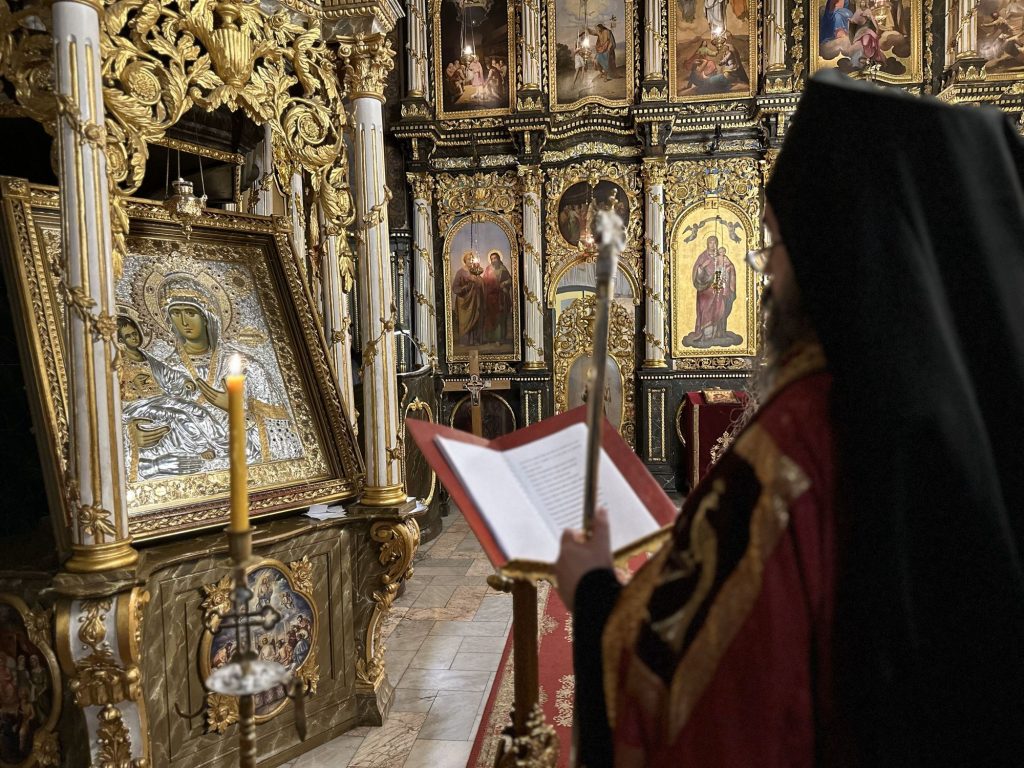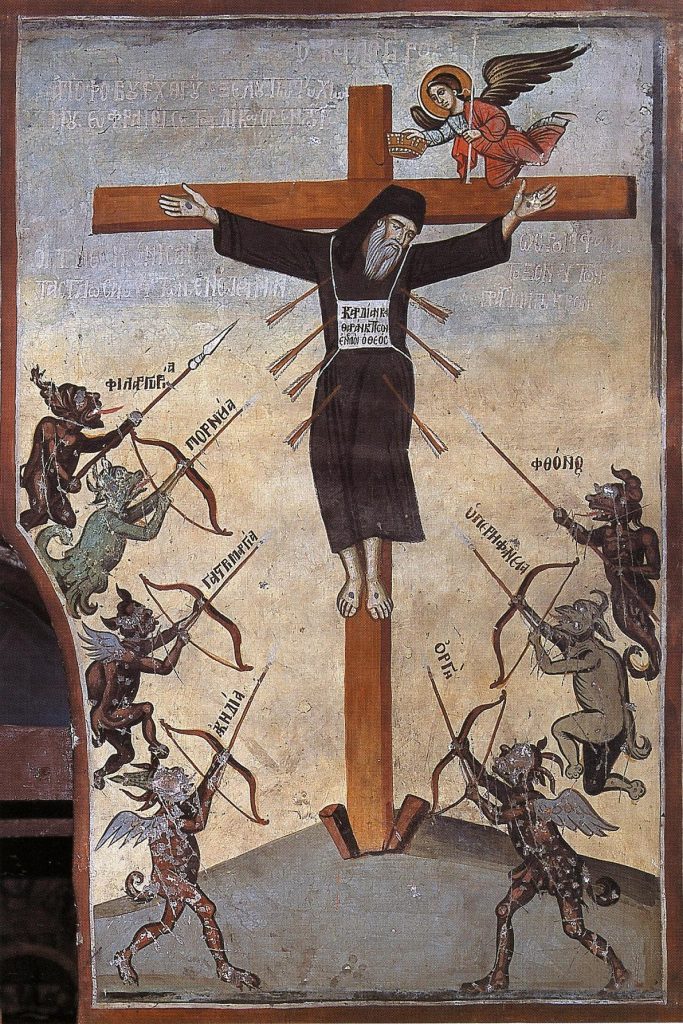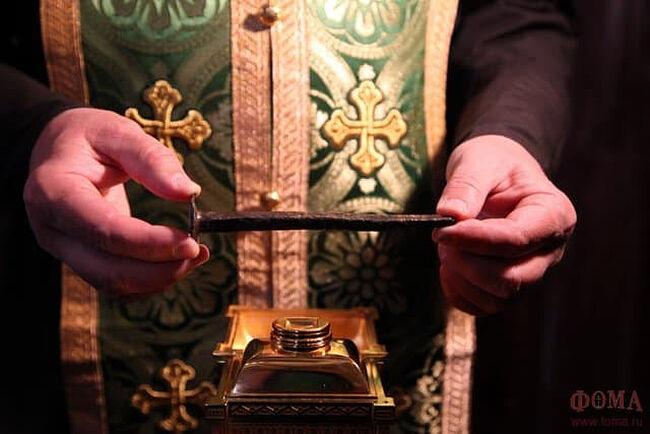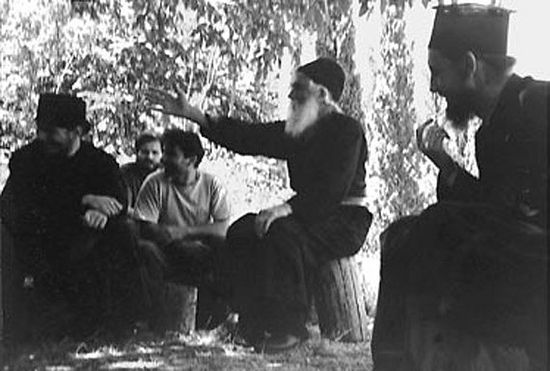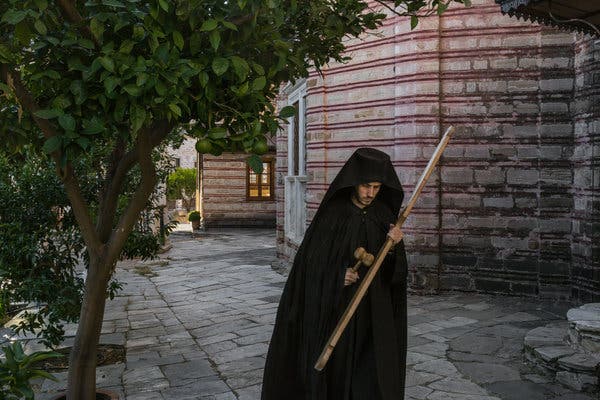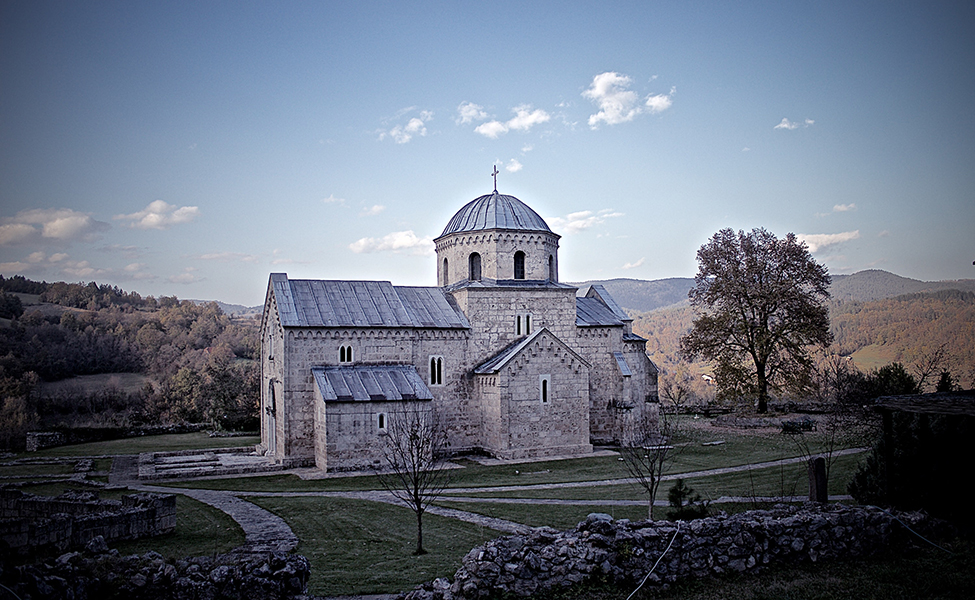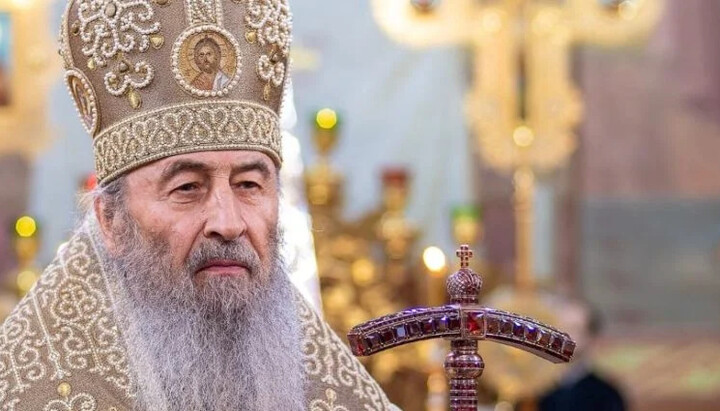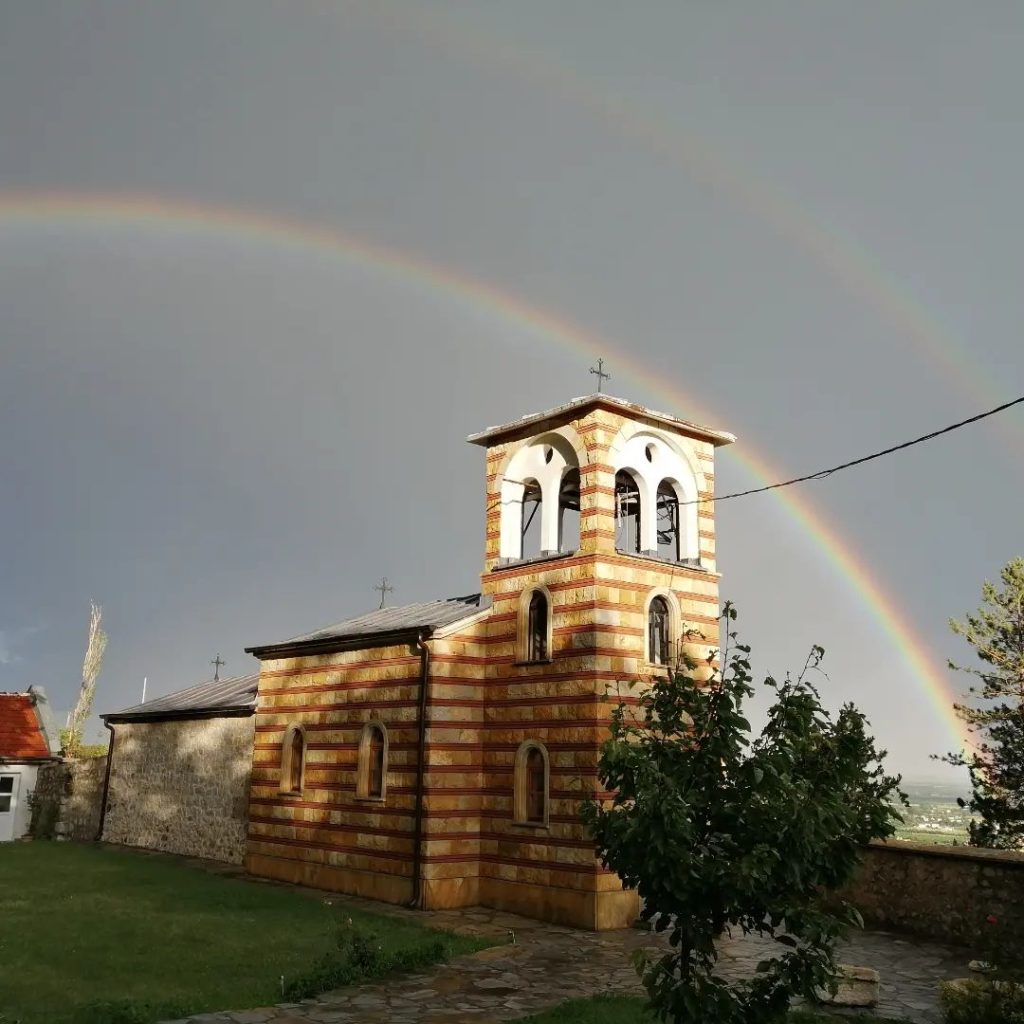There was a town named Iskaria near Jerusalem. A Jew lived there with his wife. She saw in a dream that she would give birth to a devil who would burn the entire world. She revealed what she had seen to her husband… Finally she gave birth to Judas. They kept him for two months, and then put him in a trunk and threw him into the sea and said: “If God wills, let him be saved; if not, let him be lost.”
Near the harbor there were some passersby who, seeing the chest in the deep, went and pulled it out. They opened it and found the child and took him to their town, Iskaria. But they didn’t tell anyone they found him in the sea, but that he was an orphan. His [real] parents said: “Why, don’t we take him and make him our own?” So they took him and he grew up. In the same year his mother gave birth to another child. When the children became twelve years of age, they quarreled and Judas beat the true son. The parents said to Judas: “Why did you beat our child? We have adopted you. We, my child, plan to make you both our heirs, to divide everything equally.” Hearing that he would receive an equal share with the other boy, what do you think Judas was moved by the devil to do because of his avarice? One day he took a stone and killed his brother. What did the father do? Kill him? No. He felt sorry for him. When Judas killed the boy, he became frightened and left and went to Jerusalem, where he took service with a king who gave him charge of the treasury, that is, to receive and pay monies. Why did he take service with the king? Because of his avarice he believed he had much to gain.
Continue reading

